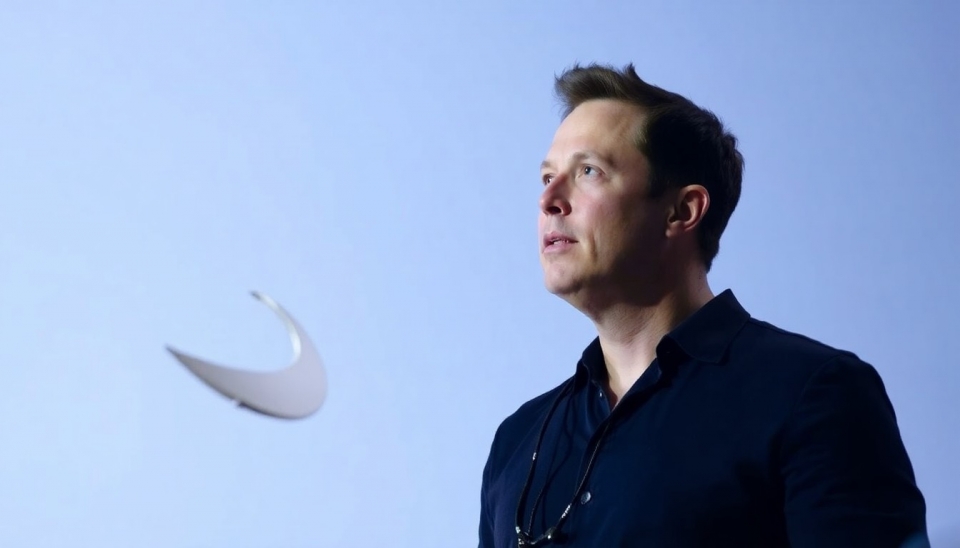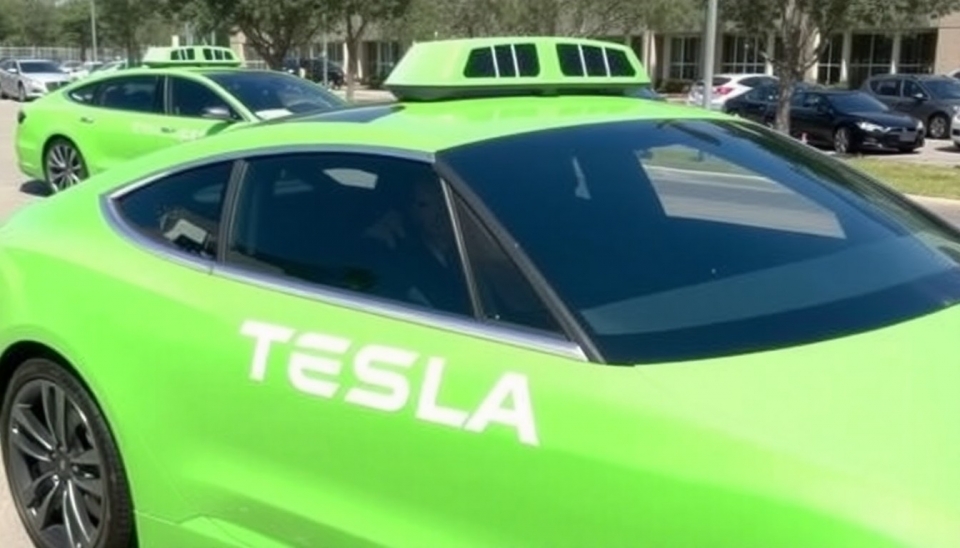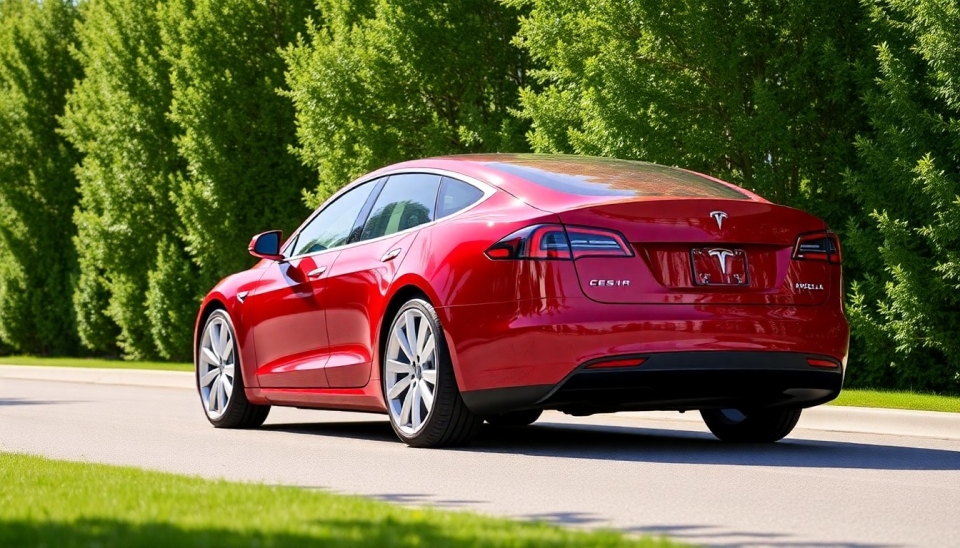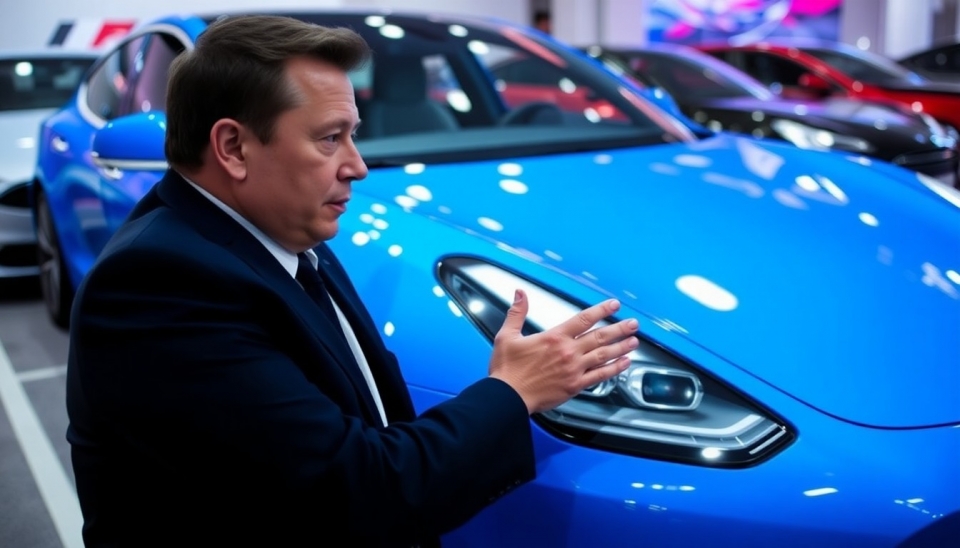
In a move that has sent shockwaves through the tech community, business magnate Elon Musk is reportedly trying to gain control of OpenAI, the leading artificial intelligence research organization. Musk, who co-founded OpenAI in 2015, has recently expressed dissatisfaction with the organization's shift toward profit-oriented models. This pursuit has raised questions about the future governance and strategic direction of OpenAI, which is at the forefront of AI development.
OpenAI was originally established as a nonprofit with the mission of ensuring that artificial general intelligence (AGI) benefits all of humanity. However, the organization transitioned to a "capped profit" model in 2019, allowing it to attract significant investment while still adhering to its core mission. This transition is now being scrutinized, especially with Musk's renewed interest, as it poses potential challenges to OpenAI's accountability and ethical practices.
Musk's desire to exert influence over OpenAI has been reiterated in various public statements, where he has voiced concerns about the implications of unchecked AI development. He famously warned about the existential risks associated with AI, underscoring the need for proper regulatory oversight. His current push for control aligns with his previous calls for stringent guidelines on AI research and deployment.
The implications of Musk's intentions come at a pivotal time for OpenAI, which has made headlines with innovative products and services, such as the groundbreaking ChatGPT. As the organization navigates the delicate balance between innovation and ethical responsibility, Musk's involvement could shift its focus significantly. Observers speculate that his leadership might steer OpenAI back to its original nonprofit ideals, possibly sacrificing the financial viability that has attracted elite investors like Microsoft.
Analysts believe that Musk’s attempt to regain authority over OpenAI may fuel tensions within the tech industry, particularly as leading AI companies strive to find sustainable business models amidst growing concerns over AI safety. The unprecedented nature of OpenAI's products demands that the organization carefully consider the ramifications of any governance overhaul.
As discussion heats up about where OpenAI goes from here, the spotlight is firmly on its leadership and strategic choices. Should Musk successfully navigate the complexities of acquiring control, experts predict this could redefine the organization's priorities and its approach to technological advancements in AI.
The situation remains fluid, with industry stakeholders closely monitoring developments. Musk's aspirations for OpenAI raise essential questions about the balance between innovation, profit, and ethical governance in the fast-evolving landscape of artificial intelligence.
As these developments unfold, the tech world is left anticipating how this potential power shift may influence not just OpenAI, but the broader AI community and the regulatory frameworks likely to emerge in the coming years.
With all eyes on Musk and OpenAI, the ramifications of this narrative could shape the future trajectory of AI and its role in society.
#ElonMusk #OpenAI #ArtificialIntelligence #TechNews #AIRegulation #BusinessStrategy #Innovation #Governance
Author: Emily Collins




